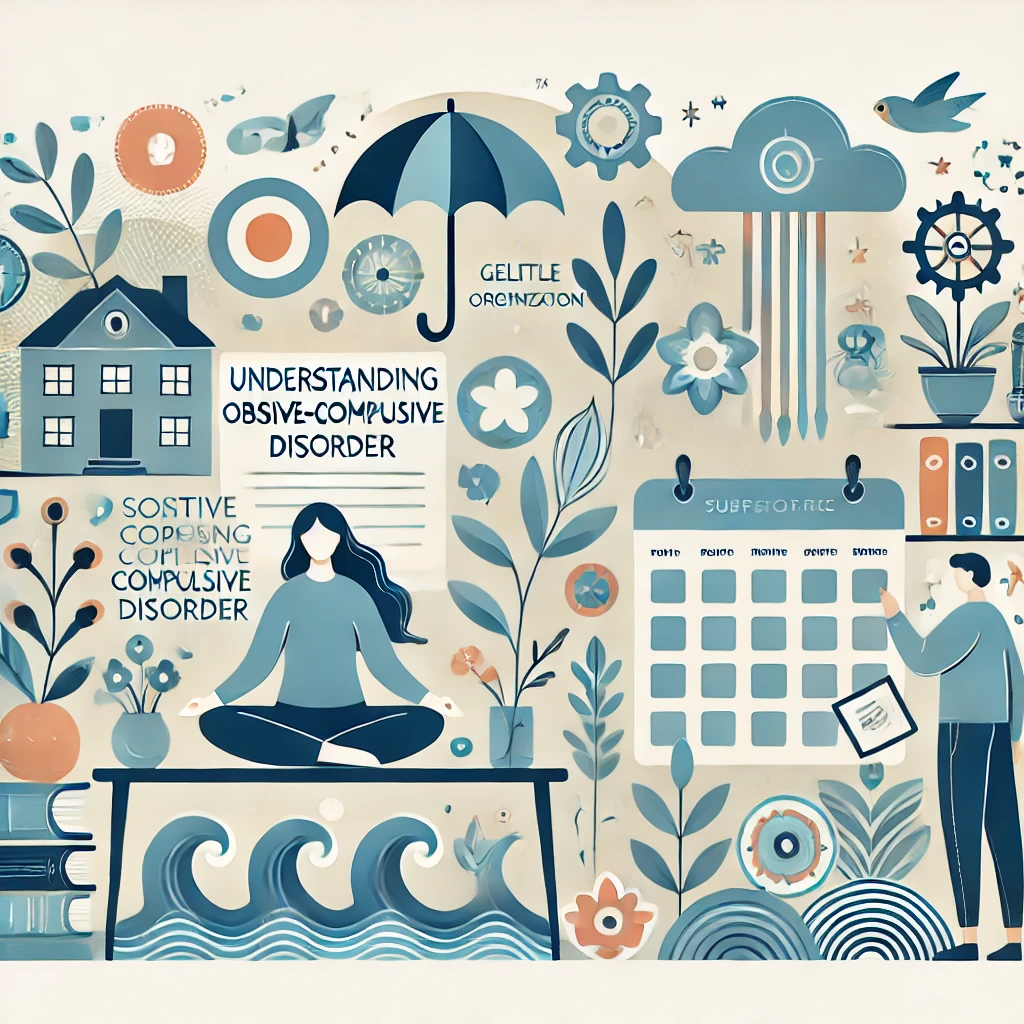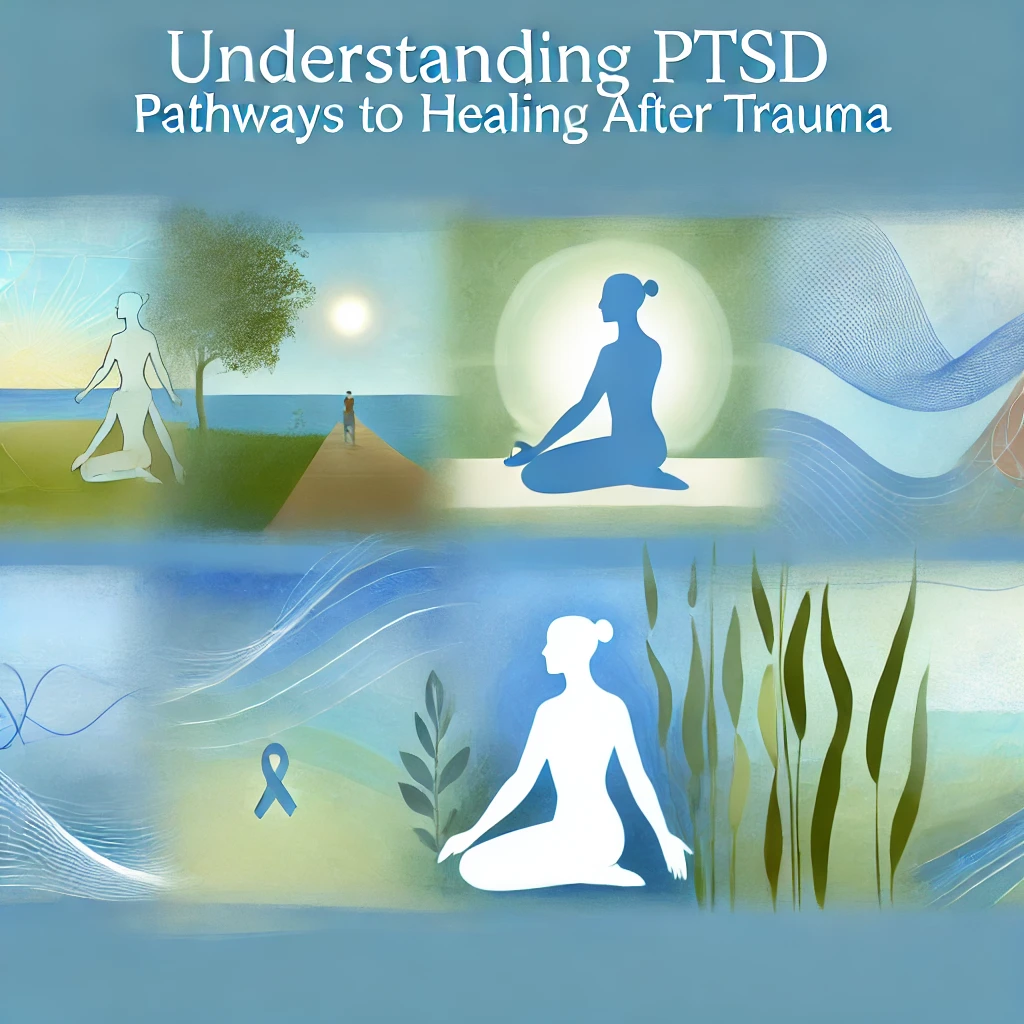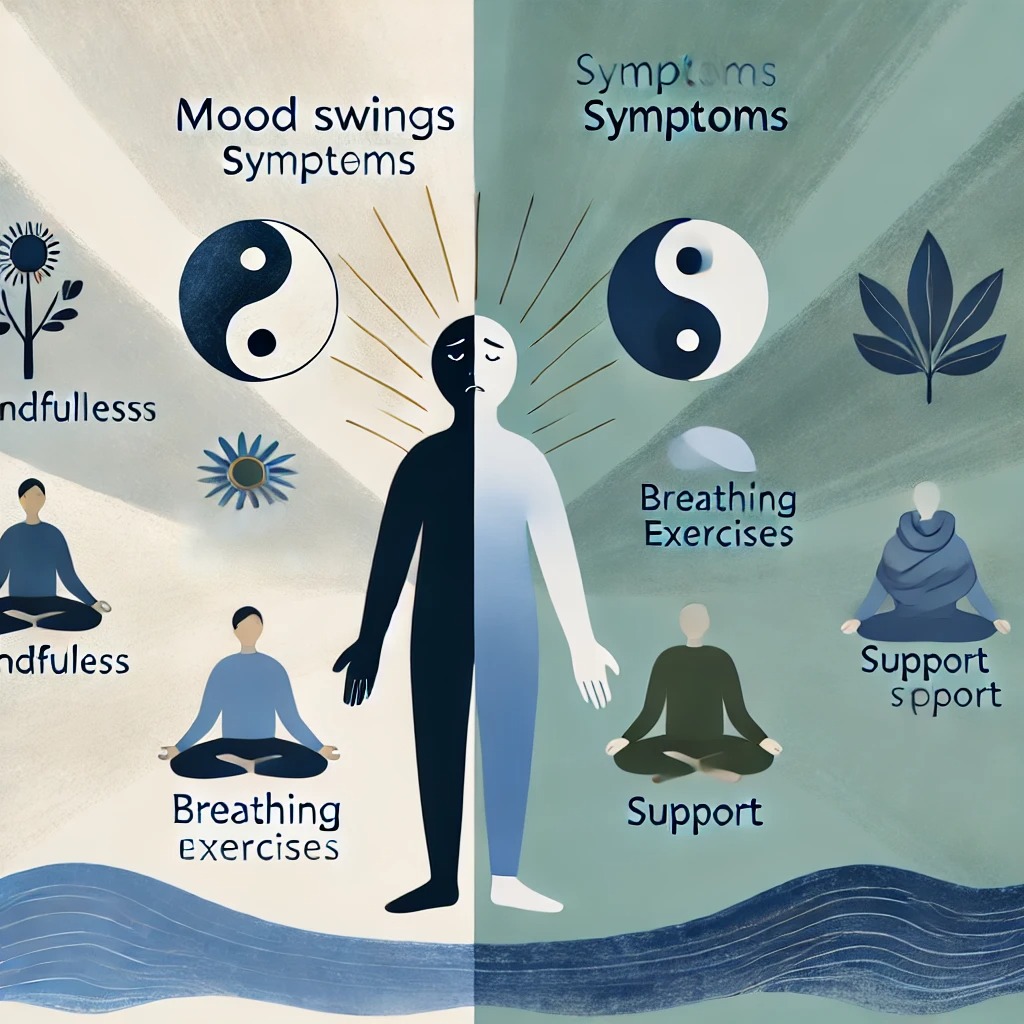
Living with OCD: Understanding and Managing Obsessive-Compulsive Disorder
What is OCD?
Obsessive-Compulsive Disorder (OCD) is a mental health condition characterized by unwanted, intrusive thoughts (obsessions) and repetitive behaviors (compulsions). This article explores how OCD affects daily life and offers strategies to manage it effectively. OCD involves a cycle of obsessions and compulsions. Obsessions are intrusive thoughts that cause distress, while compulsions are behaviors performed to alleviate that distress.
Common Symptoms of OCD
- Obsessions: Fear of contamination, need for symmetry, aggressive thoughts.
- Compulsions: Excessive cleaning, checking, counting, or arranging things in a particular way.
Managing OCD
- Exposure and Response Prevention (ERP): A form of CBT that helps patients face their fears without performing compulsions.
- Mindfulness Techniques: Helps in detaching from obsessive thoughts and reducing their impact.
- Creating Support Systems: Educate family and friends about OCD so they can provide appropriate support.
- Medication: SSRIs are often prescribed to help reduce symptoms.
- Daily Self-Care: Incorporate relaxation techniques, exercise, and hobbies to manage stress.
Conclusion
Living with OCD can be challenging, but understanding the disorder and implementing these strategies can help you take control and improve your quality of life.





